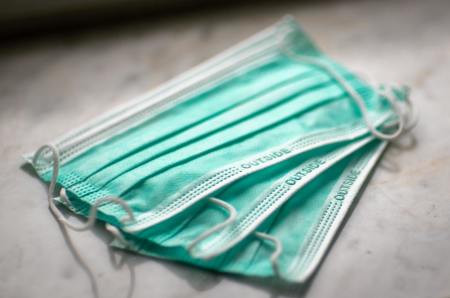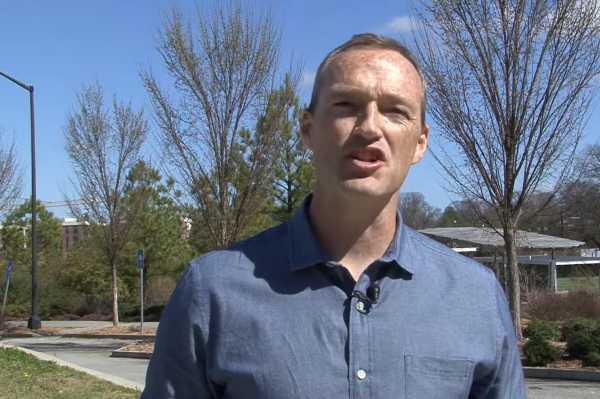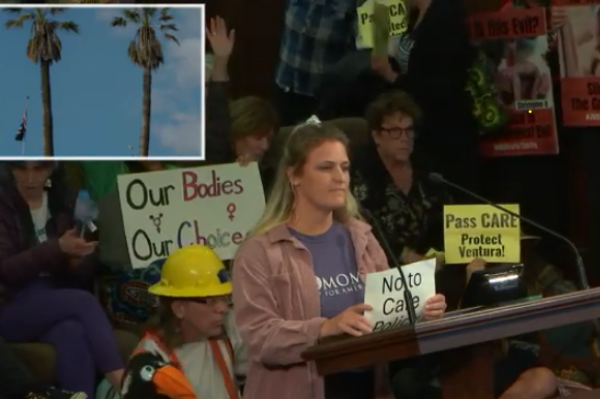COVID-19: 4 things to know about face masks

1. What global, federal agencies say
World Health Organization
WHO recommends the use of masks to suppress transmission but it also says a mask alone is not sufficient to protect against COVID-19. It notes that medical masks can protect people wearing them from getting infected and can prevent those who have symptoms from spreading them. When it comes to fabric masks, WHO does not recommend “widespread use among the public for control of COVID-19” due to limited evidence on their effectiveness. At the same time, it advises the use of fabric masks for areas of widespread transmission “with limited capacity for implementing control measures and especially in settings where physical distancing of at least 1 meter is not possible — such as on public transport, in shops or in other confined or crowded environments.”
WHO also points to potential risks and disadvantages on the use of masks: “[F]abric masks could increase potential for COVID-19 to infect a person if the mask is contaminated by dirty hands and touched often, or kept on other parts of the face or head and then placed back over the mouth and nose;” “could cause difficulty breathing;” and “could create a false sense of security in the wearer, leading to diminished practice of measures such as physical distancing.”
CDC
The CDC “recommends that people (2 years and older) wear cloth face coverings in public settings and when around people who don’t live in your household.” It says that “cloth face coverings may help prevent people who have COVID-19 from spreading the virus to others” and “are most likely to reduce the spread of COVID-19 when they are widely used by people in public settings.”
The CDC points to “clinical and laboratory studies that shows cloth face coverings reduce the spray of droplets when worn over the nose and mouth.” Face coverings can act as a “barrier to help prevent respiratory droplets from traveling into the air and onto other people.”
Cloth face coverings should be washed after each use.
It notes that surgical masks “should continue to be reserved for healthcare workers and other medical first responders.”
On face shields, the CDC does not recommend them as a substitute for cloth face coverings.
U.S. officials
At the start of the coronavirus outbreak in the U.S., health officials had sent mixed messages about the use of masks. Dr. Anthony Fauci, director of the National Institute of Allergy and Infectious Diseases, admitted to NPR this week that there was conflicting advice, as some officials were urging Americans not to buy masks in order to make them available to health workers.
U.S. health officials are now encouraging the use of masks. Fauci said it “isn’t 100% protection” but it’s better than not wearing a mask in preventing the spread of infection.
“[I]t can protect you a certain degree,” Fauci told The Street. “So masks work.”
President Donald Trump, meanwhile, told Fox News he doesn’t wear masks more often because people get tested before meeting him. While he said he’s “all for masks,” he does not believe a national mandate is necessary.






















